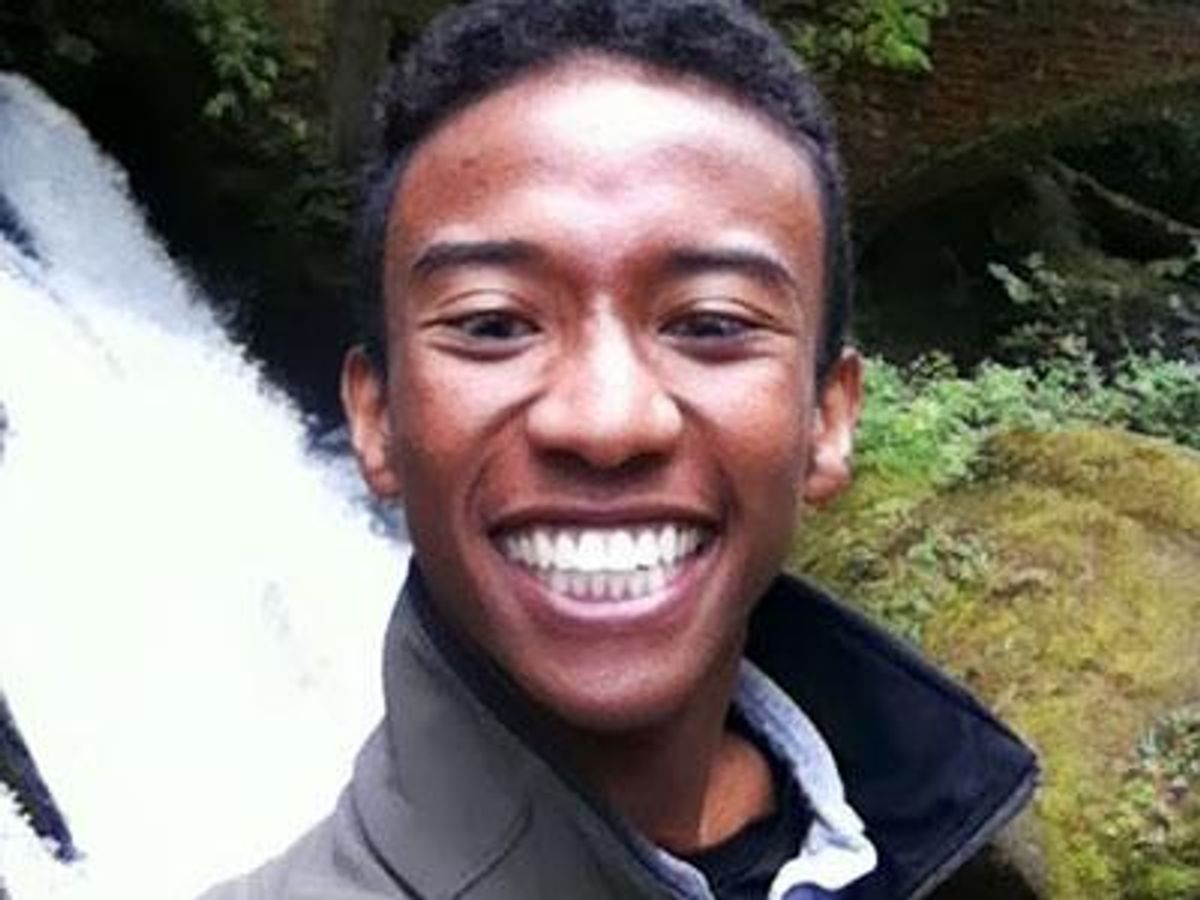A Yale graduate wrote a paper questioning the San Francisco AIDS Foundation (SFAF) decision to spend millions of dollars to establish a health center in the city's gay Castro neighborhood.
According to the Bay Area Reporter, Daniel Dangaran didn't specifically name the foundation, but the organization — the largest HIV nonprofit in San Francisco — was clearly the subject of the report, which was given to the LGBT newspaper by an anonymous source.
Neil Giuliano, SFAF's CEO since 2010, responded that the essay was "heavily flawed" but confirmed that Dangaran had spent several weeks at the agency last summer.
"Any time you're working with a diverse group of people in an often tough service delivery kind of work, you're going to fall short of meeting people's expectations from time to time," Giuliano told the Bay Area Reporter. "We understand that, and we always strive to do a better job."
Founded in 1982, SFAF offers needle exchanges and HIV testing, and serves thousands of clients each year in an effort to reduce new HIV infections in San Francisco.
The 59-page essay was part of Dangaran's Bachelor of Arts in anthropology. Dangaran (whose Linkedin profile uses gender-neutral pronouns) self-describes as "dark-skinned, Filipino-black gay Yale student." The recent graduate apparently didn't respond to "multiple interview requests" after the paper was given to the Bay Area Reporter anonymously in May.
For the paper, Dangaran reportedly interviewed 32 San Francisco AIDS Foundation staffers as well as three people on the leadership team. The Yale student also spent 250 hours observing the administration and SFAF's programs and services, as well as attended meetings, workshops, and other activities, and volunteered with the foundation's needle exchange.
Dangaran narrowed in on dissent surrounding the SFAF's efforts to open a new men's health and wellness center on Castro Street. The Yale student quoted one staffer who said clients were "appalled" that SFAF was "renovating a building for millions of dollars that we don't own, and that could've housed every homeless, HIV-positive person in the city."
Another person told him, "Gay men get nice, clean, pretty facilities. Folks who use drugs, who may be brown, may live on the streets, may be dirty, like, good fucking luck if they're gonna get thought about in however the agency moves forward."
Dangaran reported that the agency has dedicated $14 million to the new facility, while simultaneously reducing funding for HIV-prevention services.
The nonprofit's leadership "does not share the understanding and sympathy for their diverse clientele that many staff members of the programs and services department so evidently hold in their hearts," wrote Dangaran, who further criticized the leadership for "certain stigmatization of race, class, gender identity — that remain strongly rooted in the primarily white, middle class, cisgender leadership of the organization."
Dangaran made numerous recommendations for the organization, including that they establish a standing transgender program, arguing, "Transgender women deserve to be a high priority of any HIV/AIDS service organization because of the disproportional risk of HIV transmission that they face, especially given the overlapping demographics of trans sex workers and drug users."
The B.A.R. noted that "The study and its findings have clearly upset the nonprofit." The LGBT newspaper reported that their initial interview requests elicited efforts to dissuade the publication from publishing the article.
James Loduca, SFAF's vice president of philanthropy and public affairs, responded to their queries, "I'm surprised the B.A.R. would consider a grad student's draft thesis newsworthy."
Loduca added in a text, "Neil [Giuliano] can highlight some of the glaring factual errors in the paper when you chat..."
Giuliano said one of the "significant factual errors" was Dangaran's assertion that "on the account of discrimination and bias, three different executive assistants to the CEO actually sued the organization for discrimination based on gender, and won their cases."
Giuliano retorted that "the foundation has never been sued by former employees for gender bias and discrimination." The paper acknowledged it was unable to find records of the lawsuits mentioned.
Other than that, B.A.R. says, "It's not clear what in Dangaran's paper is inaccurate."
Giuliano called the report "an opportunity to learn. It's an opportunity to grow. So we appreciate that."
Dangaran reportedly expected the report to only be read by a limited number of individuals at Yale, agencies providing funding for the project, and SFAF itself.








































































